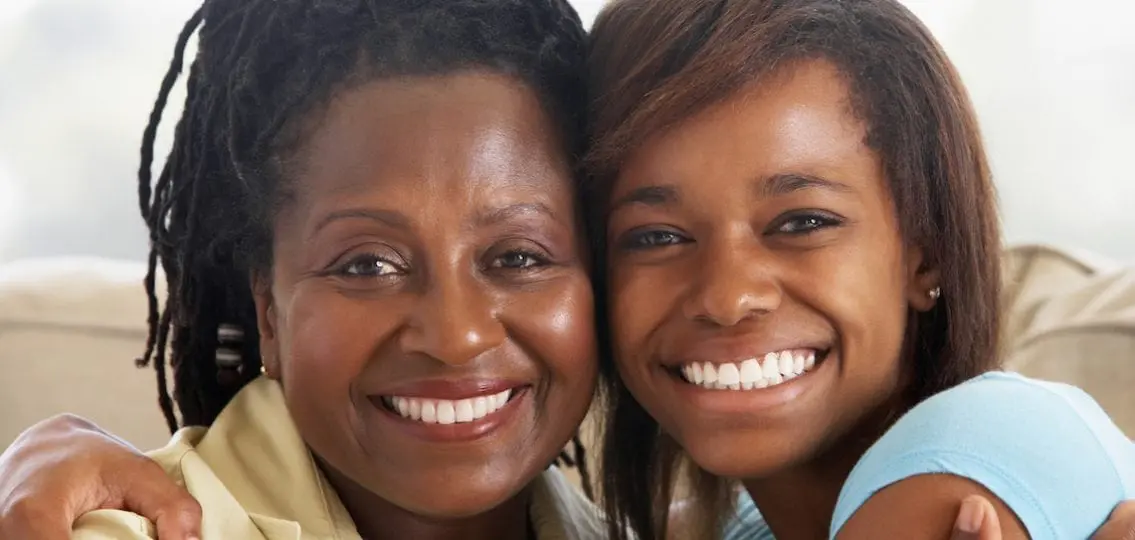Call it the Gilmore Girls Syndrome. “My daughter my best friend,” right? You see other mothers and their teenage daughters texting each other constantly throughout the day. On birthdays and Mother’s Day, there is this day-long “my daughter my best friend” fest. They post long messages on each other’s Facebook walls, proclaiming how lucky they are to have each other as best friends.
Meanwhile your own teenager tells you, at least once a month, how much she hates you. It’s only natural to think: What am I doing wrong? Maybe we’d be closer if I told her about that time I got really drunk in Mexico.
Teens Need Parents, Not Friends
Take a breath before you jump into the sharing. Experts advise keeping those stories to yourself. “Your number one role is to keep your child safe,” explains Barbara Greenberg, clinical psychologist and co-author of Teenage as a Second Language.
Teenagers need a stable, attentive parent, not their best friend, at this experimental stage of their life. “Teens need parents they can lean on and push up against,” explains Greenberg.
But that doesn’t mean your teenager will like it when you set limits or tell her no. It is not uncommon, at this stage, to hear your teen yell, “I hate you” or “You are embarrassing me.”
Parents are Not Teenagers
To survive these times, Dr. Deborah Gilboa, a child development expert and author of Get the Behavior You Want … Without Being the Parent You Hate! advises putting on some emotional armor and developing a group of close adult friends you can lean on for support.
“The role of a teenager is to figure out how to separate in a safe and healthy way from their nuclear family,” explains Gilboa. “But as a parent, this can absolutely feel like rejection. You have to be willing to be not liked. That’s part of the job description.”
Teens are Not Adults
And for those friends you hear bragging about “my daughter my best friend?” Your teen shouldn’t view you as his best friend, and you shouldn’t view them as your personal confidant.
“It puts them in an awkward situation,” says Greenberg. “Your 16-year-old doesn’t have the answers about how you should deal with your boss.” And he shouldn’t be expected to carry the weight of that adult responsibility.
Indeed, referring to your teenager as your “best friend”—even if it’s in a joking way—puts a lot of pressure on the teen. “It can leave them with mixed feelings. When they leave the house, they can feel like they’re leaving you behind or abandoning you,” Greenberg adds. “So many teens say to me, I think my mother is going to be lonely if I leave.” The worry stops them from exploring their own ambitions and goals.
Be the Parent Your Teen Needs
The good news is that you can still be close with your child, without trying to squeeze into teen sizes at Forever 21. That closeness comes from being physically and emotionally available. And listening non-judgmentally to your teen’s problems and concerns, experts say.
“In life, only a parent really cares about the minutia of your day.” Greenberg says with a laugh. And though you may not be your child’s best friend, you can certainly be your child’s biggest cheerleader.
By providing a safe, supportive structure during the teen years, you are laying the foundation for having a close, intimate friendship with your adult child in the future.
“Put in these last years of hard work as parents. This enables you to have decades of friendship with your children as adults,” says Gilboa. And if you navigate this part right, you’ll have helped form some really great, independent 20- and 30-somethings with whom you’ll want to hang out.




